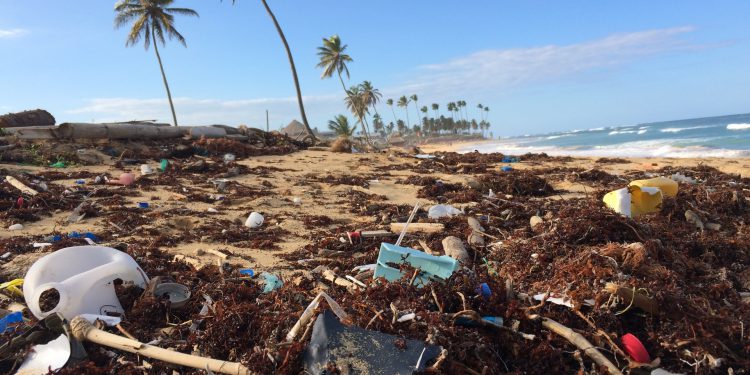A comprehensive Which? study has assessed the impact of UK supermarkets across greenhouse gas (GHG) emissions, plastic use and food waste, saying supermarkets are on the frontline in the fight against climate change.
It ranked Lidl and Waitrose equally in first place.
The report says, “Their sheer size and dominance mean supermarkets are major contributors of greenhouse gas emissions, plastics and food waste.
“What’s more, their future existence depends on getting these issues under control – having resilient, dependable supply chains will be key to their survival as staples in the UK’s economy.”
However, the report also highlighted dangerous gaps in the data being reported. And it said mandatory recycling information is needed on the labels of all plastic products.
The UK government will tax products with less than 30 per cent recycled plastic packaging from April this year, but the organisation said this is in adequate.
“Water use, deforestation, organic production, sustainable fish, and biodegradable cleaning products should also should be included”
“Clear recycling labelling would make a big difference. We know 67 per cent of Which? members often or always look for recycling info on grocery packaging before deciding how to dispose of it,” the report says.
“Which? is calling for recycling labelling to be made compulsory on all UK grocery packaging – branded or otherwise – so that consumers know what can and can’t be recycled, and how.”
The organisation sourced its data from supermarkets’ annual reports, and crunched it by measuring greenhouse gas emissions per million pounds sterling of revenue, plastic use per 100,000 grocery packs sold and food waste as a proportion of the food on sale.
The report says that while it accessed greenhouse gas emissions from the supermarkets’ retail sites, deliveries and warehouses which they directly control, it did not have access to the wider supply chain emissions or Scope 3 emissions which can be more than 90 per cent of the total.
It adds that water use, deforestation, organic production, sustainable fish, and biodegradable cleaning products also should be included, but that data can be hard to find.























